Transformation and memory – How 1968 is activating social movements fifty years later
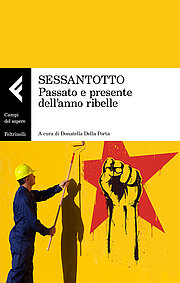
Memory is a malleable thing. The year 1968 lives on in memory as a moment of societal change spurred by audacious student activism. How does this legacy, now fifty years later, relate to contemporary politics? Mapping and explaining what is remembered and examining it as a transformative event can help us understand the relevance of memory in times of crisis, such as in the second decade of the 2000s. There are parallels between the mobilisation of 1968 and today’s movements. These include sources of cleavage like the social bases of class and generation, collective identities such as groups seeking political alternatives, or organisational structures such as movements ignited by a highly participatory spirit. Join us for a discussion examining how memories of 1968 are echoed in current social movements.
The event draws inspiration from the volume Sessantotto: Passato e presente dell'anno ribelle, editied by Donatella della Porta and published by Feltrinelli. English volume forthcoming. Book cover courtesy of the editior.
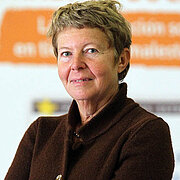
Donatella della Porta is a Senior Fellow at the Hertie School of Governance. She is Professor of Political Science and Dean of the Institute for Humanities and the Social Sciences at the Scuola Normale Superiore in Florence, where she directs the Center on Social Movement Studies (Cosmos).
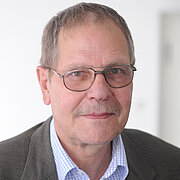
Claus Offe is Professor Emeritus of Political Sociology at the Hertie School. He has held chairs for Political Science and Political Sociology at the Universities of Bielefeld (1975-1989) and Bremen (1989-1995), as well as at the Humboldt-Universität in Berlin (1995-2005).
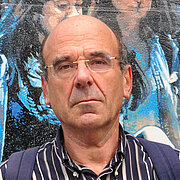
Erik Neveu is professor of political science at the Institut d'Etudes politiques at Rennes and member of the research team ARENES-Cnrs. His numerous publications span the topics of media and the public sphere, public problems and social movements.
Chair
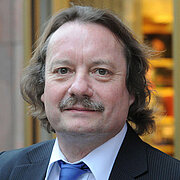
Helmut K. Anheier is President of the Hertie School of Governance and Professor of Sociology. His research centres on indicator systems, social innovation, culture, philanthropy, and organisational studies.

